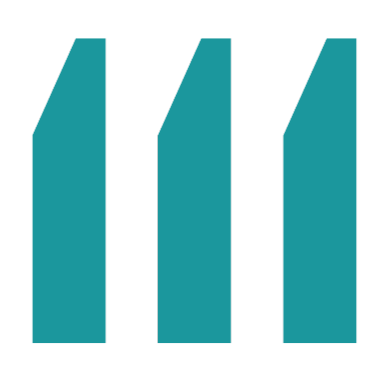Today, there are great expectations on the Poligenic risk score, that is, on the estimate of the probability of developing a particular medical condition by evaluating the information of multiple genetic markers and variants.
Now, what would happen if we could develop scores, also in the field of social factors? In other words, is it possible to estimate the effect on a person’s physiology of their educational level, income, family status, lifestyle, social networks, type of consumption? According to a group of scientists, yes.
In some areas of American academic research, work is being done intensively on the development of the Polysocial risk score.
To better understand how things are we must introduce two references: one scientific and one imaginary.
We know that much of our health is determined by social and psychosocial factors. By social factors we can mean income, type of work, level of education, social capital, but also the neighborhood where we live.
These factors influence our lifestyles – smoking, drinking, nutrition in general, physical activity – as well as access to health services and the ability to access, understand and profitably use health information.
Epidemiologists and sociologists have produced an enormous amount of quantitative research on the relationships between social determinants and health.
The research is often very refined: how much does the level of education influence the ability to stop smoking? Is there a relationship between your neighborhood of residence and being vegan? Why are there few teetotalers but also very few heavy drinkers among people of high social status?
A fictional scenario, or rather scientific fiction, can give us some answers.
We instead develop our fictional scenario by recalling two very successful films: Gattaca (1997) and Minority Report (2002). Gattaca is set in a near future where society is divided into two social classes: the “Valid” and the “Invalid”.
The Valid are those who have a healthy genetic makeup, the result of embryo selection. The Invalids are those born naturally who, therefore, have imperfections of various types and sizes.
On the basis of genetic tests it is therefore possible to predict people’s life expectancy and thus allocate them to more or less prestigious jobs.
Obviously, the Invalids are at the top of the social ladder and the Invalids are relegated to the most menial jobs.
Therefore, the genetic makeup, in Gattaca, predicts one’s position in society, acting as a factor of social inclusion or exclusion. It is no coincidence that the artistic trend to which Gattaca is ascribed is the so-called “biopunk”.
In Minority Report we are still in a dystopian future. In this social context, offenders are arrested before they commit the crime. The prediction is made by three seers endowed with supernatural powers. Therefore, here too the place of prediction is central.
To date, most efforts to quantify the influence of health determinants on the individual have failed: the causal links are numerous, interconnected and complex.
But for some years there has been something new as Figueroa and his Harvard colleagues write in the article “Addressing social determinants of health. Time for a Polysocial risk score”, recently published in the Journal of the American medical association.
Today the enormous amount of data that can be collected digitally on people’s health can mark a turning point for the development of precise estimates on the individual risk of falling ill.
This research, in the United States, is often sponsored by a new type of health insurance.
These are insurance companies that make a type of policy that looks at our lifestyle habits and behaviors, Behavior-based insurance. In fact, the Obama reform, with the aim of enhancing prevention, offered health insurance companies the opportunity to offer discounts to those trying to adhere to healthy lifestyles.
Hence the interest of insurance companies in the life and lifestyles of their insured.
Some insurance companies require their members to share their physiological data collected by an electronic bracelet. A bit like you can do with car insurance.
But there are also other indicators of a person’s (future) health status such as purchasing behaviour, participation in online forums, even likes left on social media.
Individual big data offers a huge set of information related to the social determinants of health. This big data can be summarized in a score (the Polysocial risk score) which measures our probability of getting sick.
This is a scenario that is still far from being realized but financial investments do not allow us to sleep peacefully. Clearly the risks of social discrimination are enormous. In fact, health insurance companies tend to select the greatest number of healthy people, to the detriment of non-affluent social classes, who get sicker more. After all, not everyone can go sailing and eat blueberries to stay healthy.
Secondly, insurance becomes something different from its essence: the risk is in fact individualized and not spread across all the insured.
Third, an algorithm will monitor our physiological states: so much for privacy!


